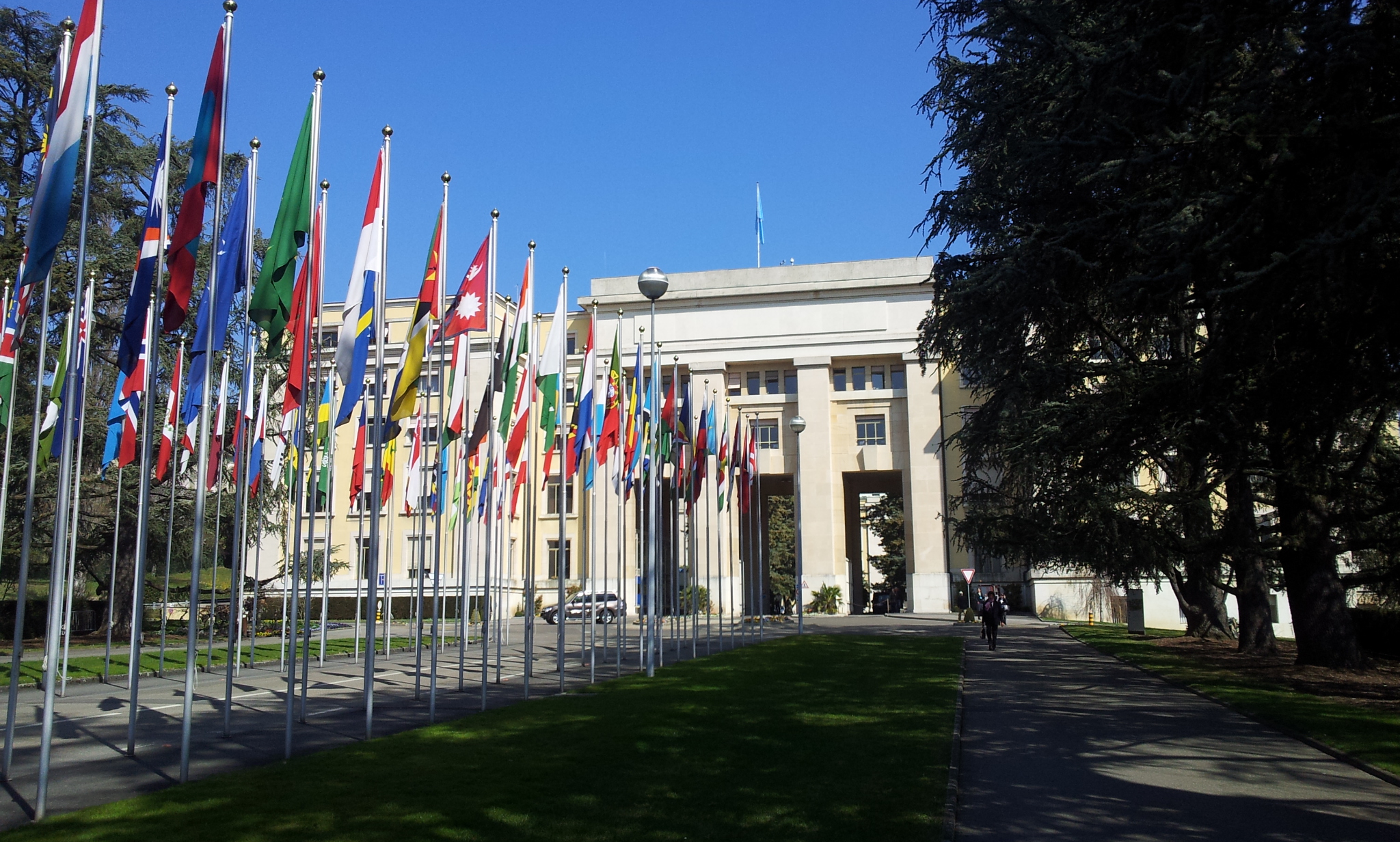WaterLex ended its operations in early 2020 after a decade of innovative and highly successful work.
WaterLex was created as an international non-governmental organisation to promote the realisation of the human rights to water and sanitation. The establishment of the organisation coincided with the adoption by the United Nations General Assembly of the first international legal text recognising the human rights to water and sanitation. From the inception, WaterLex sought to accomplish its aims through law and policy reform.
During the past decade WaterLex has developed a tested methodology for country legal mapping that is carried out through a comprehensive review of national and international human rights legal and water governance frameworks. The mapping exercise facilitates the identification of laws and policies which support the realisation of access to safe water and adequate sanitation as well as gaps that need to be filled. A great many countries have been mapped with this methodology.
WaterLex has undertaken in-depth legal research and issued several ground-breaking publications, including an annotated selection of international and regional human rights law and mechanisms, a guide to a human rights-based approach to integrated water resources management, checklists on human rights to water and sanitation for small scale providers and numerous collections of best practices.
WaterLex has provided support for the development of the Sustainable Development Agenda and helped ensure a sound foundation in human rights of Goal 6 relating to ensuring access to water and sanitation for all. It has developed global and country specific indicators for attaining SDG 6 that is used in workshops and training programs and can thereby help lay the foundation for a human rights-based approach to water and sanitation globally.
WaterLex is closing shop as a result of significant reductions in overall funding available to non-governmental organisations, including many of those which like WaterLex are active in the field of human rights.
It is true that a decade down the road the human rights to water and sanitation has made significant progress the world over. They are better known, understood and accepted than at any time in history; they are increasingly embedded in development programmes and strategies and WaterLex can justifiably be proud of its contributions to these advances. That is, however, not to say that further work is not required; on the contrary. Advancing the human rights to water and sanitation is as important as ever before and needs to be continued.
For this reason, the research and knowledge base developed by WaterLex will remain available on this website (www.waterlex.org) – where it can be consulted. The Board encourages everyone to make full use of the information and knowledge that this resource imparts while acknowledging WaterLex as its sources.
Throughout its existence, WaterLex has been an organisation with a small but dedicated and efficient secretariat and it has always been able to benefit from pro bono work of a large number of specialists as well as expert voluntary support from its members. The WaterLex governing Board would like to thank each and every one of them for their invaluable assistance over these past ten years. Without their active support and involvement, none of these achievements would have been possible.
Anders B. Johnsson
WaterLex – President (2018-2020)

